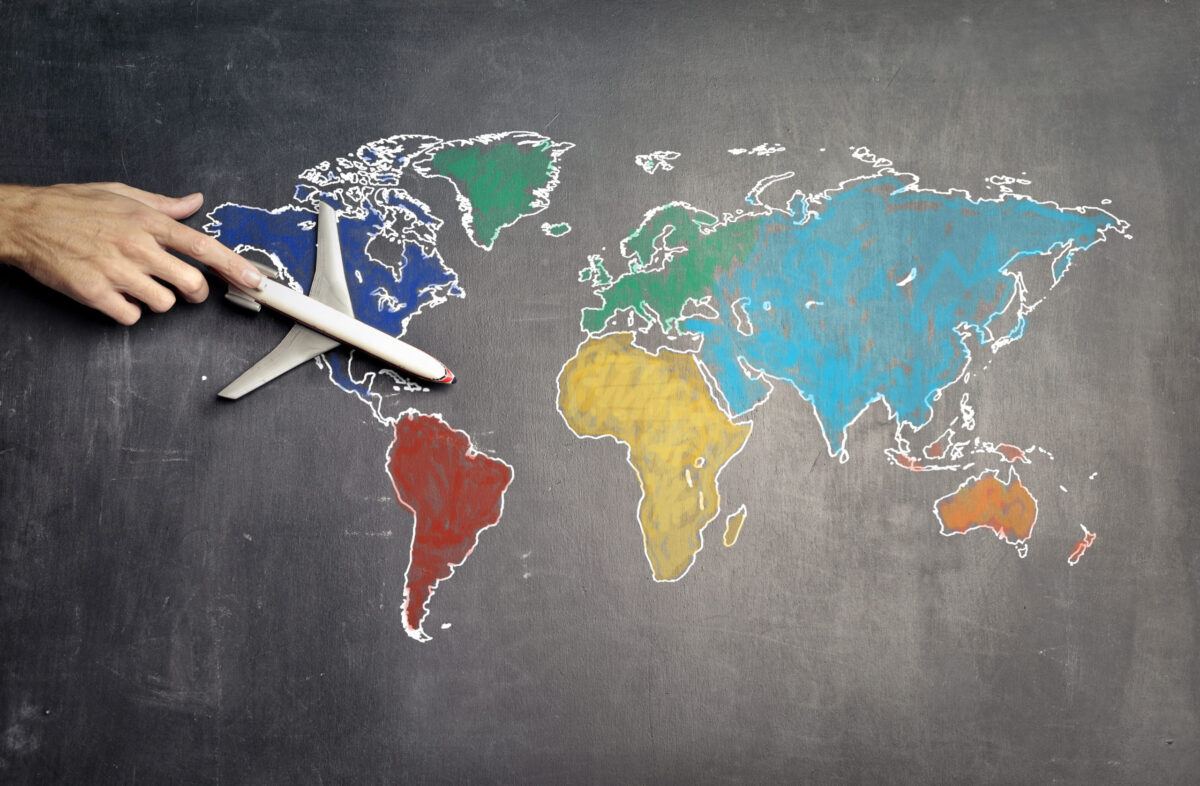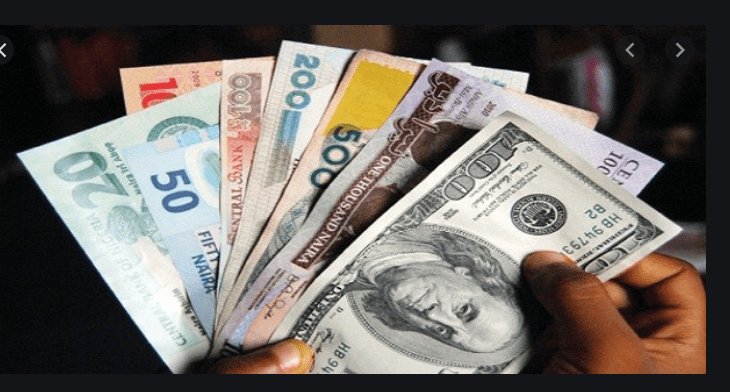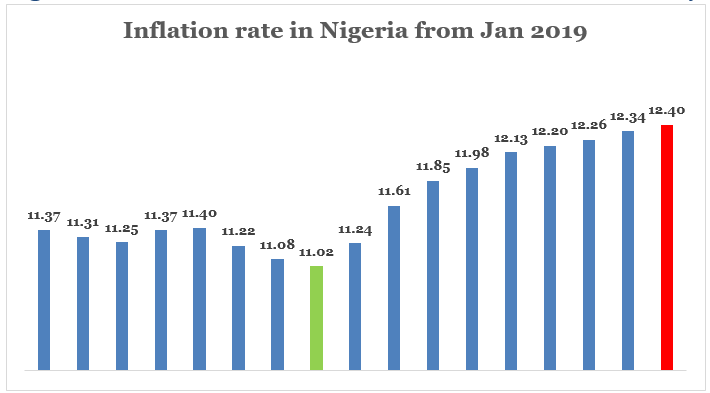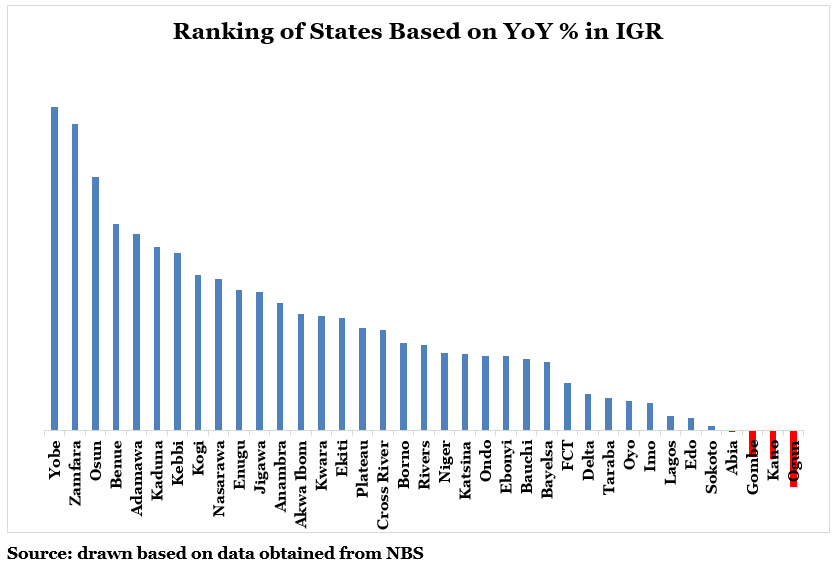Launching a New Academic Year under the Cloud of COVID-19
The next few weeks mark the beginning of the school year across the northern hemisphere. Per the World Bank School Closure data, (School Closures and Affected Students by country; a World Bank tracking tool) sixty-seven countries, almost half of them located in Europe and Central Asia, have reopened or are expecting to reopen schools by September. This year, the safety of students and teachers vis-a-vis the coronavirus (COVID-19) spread is top priority.









